The Smart Export Guarantee (SEG): Explained
If you’re considering installing solar panels at home, and want to make them as cost-effective as possible, then you’ll need to know about the SEG!
Home ▸ Solar Panels ▸ Smart Export Guarantee
Contents:
-
What is the SEG?What is the SEG?
-
How Does the SEG Work?How Does the SEG Work?
-
SEG EarningsSEG Earnings
-
SEG vs FITSEG vs FIT
What is the SEG?
The Smart Export Guarantee is a way of getting paid for the excess electricity you generate. Under this scheme, which started in 2020, homes installing new solar panels can receive a payment for exporting electricity to the grid.

How Does the SEG Work?
Energy suppliers with over 150,000 customers offer an SEG tariff called an ‘export tariff’, which enables homes to get paid for the electricity they sell. As with standard energy tariffs, it’s good to look around for the best deal for you.
Consider the length of the tariff, the rate the tariff pays, and the type of tariff – either fixed tariff where a rate is set per kWh of electricity you export, or a variable tariff which can fluctuate on market demand. These factors can all affect the payback time of your panels!
To be eligible for the SEG scheme, you’ll need two things:
An MCS (Microgeneration Certification Scheme) certificate.
This is to prove that your solar panels have been installed to the highest standard by professionals.
A smart meter.
This ensures your energy supplier receives accurate readings, so you can get paid correctly.
SEG Earnings
Typically they range from 2-15p per kWh of exported electricity depending on your tariff and supplier. But, if you also have a home battery installed there’s a way to make even bigger savings.
As the Energy Doctor explains below, choose a time-of-use tariff like Intelligent Octopus Flux from Octopus Energy and you could cut your bills by strategically managing your solar energy storage with a home battery.
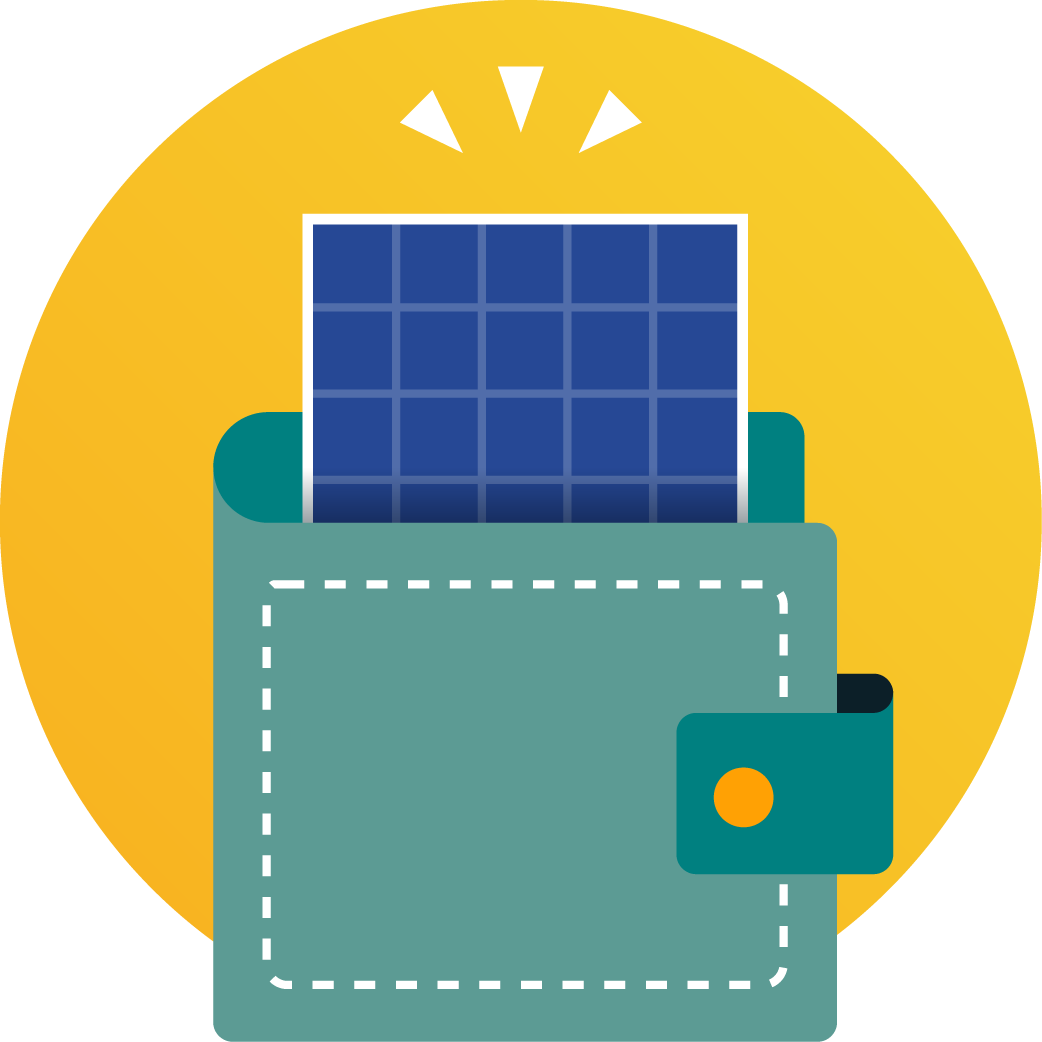

“Take a home that currently generates 4000kWh per year, uses 1200 kWh and exports 2800 kWh. If the home were to use an additional 2000 kWh through the battery then they’d buy 2000 kWh less electricity from the grid and save £580 at current price cap levels. However, this comes at the cost of exporting 2000 kWh less energy to the grid. Depending on the Smart Export Guarantee tariff, this exported power can be worth between £80 and £600.”
Expert advice from the Energy Doctor

SEG vs FIT
The FIT (Feed-In Tariff) known for its financial benefits, closed its doors to new applicants in 2019, paving the way for the SEG to take its place. Under the FIT, households received fixed payments for both generating and exporting renewable energy. The SEG compensates households solely for their exported energy.
While the FIT offered stable, long-term payments, the SEG operates on a market-driven model. This means that rates can fluctuate, as they are set by suppliers.
Install Solar Panels With Loop and Sunsave
Ready to harness the power of the sun and take control of your energy bills? Look no further than Loop and Sunsave for your solar panel installation needs. With our trusted partnership, we’re making solar easy and hassle-free.
From initial consultation to seamless installation, our expert teams ensure a smooth transition to clean, renewable energy. Join countless homeowners who are benefiting from solar!
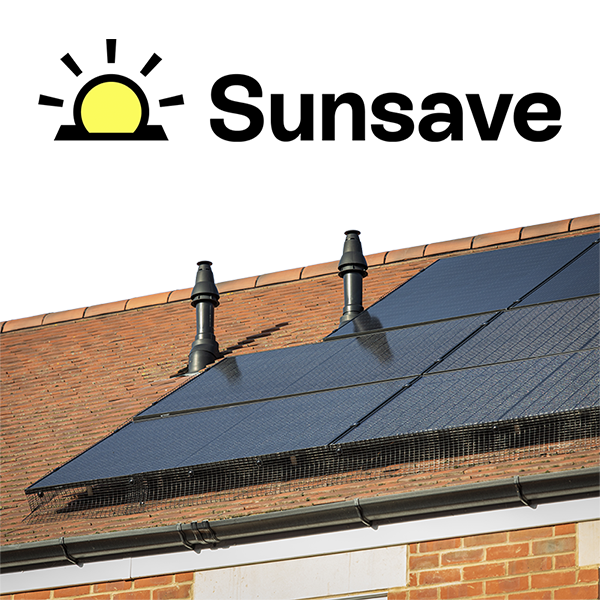
Related Guides
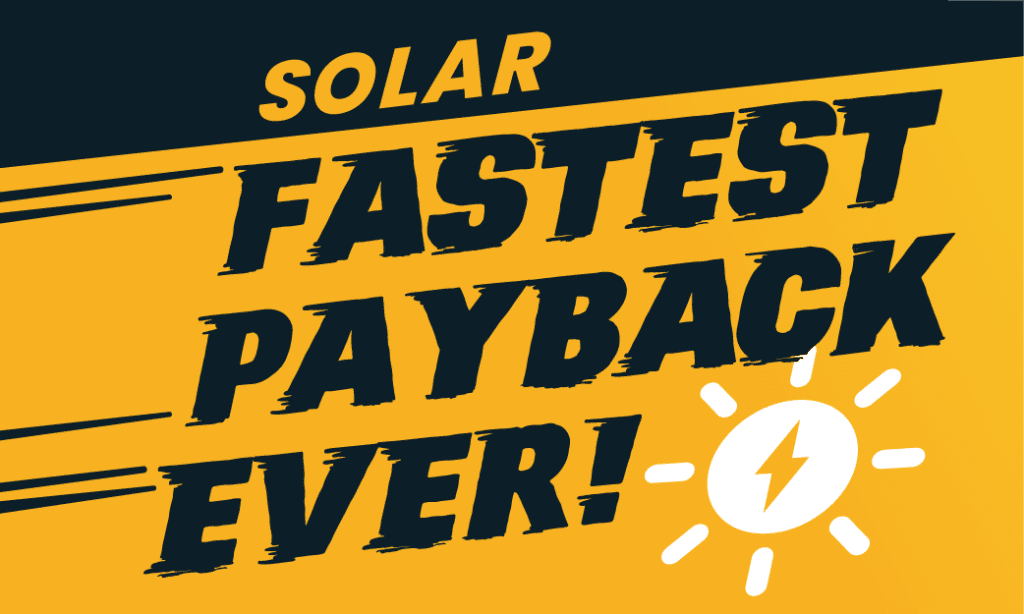
Is the Payback time for Solar and Battery Shorter Than You Think?
The payback period for solar and battery installation is under 6 years for typical homes. With the panels warranted for up to 25 years and the battery at least 10, it means years of free electricity!
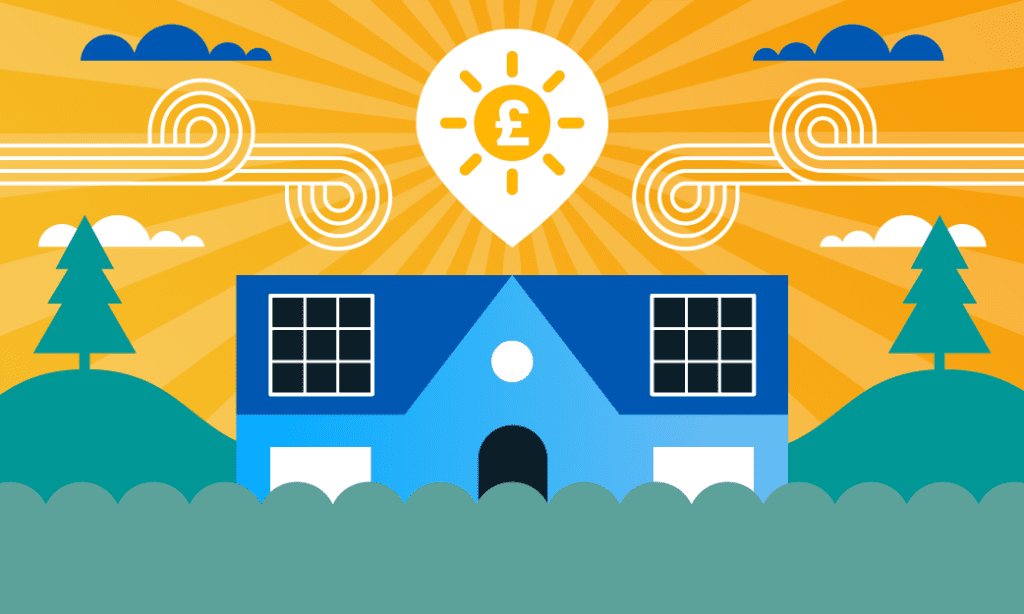
The Economics of Solar
Having solar panels installed is a big step. Or is it? It’s probably cheaper and easier than you think. Weigh up the financial benefits of solar so you can make a decision whether the cost of an installation makes sense for you.
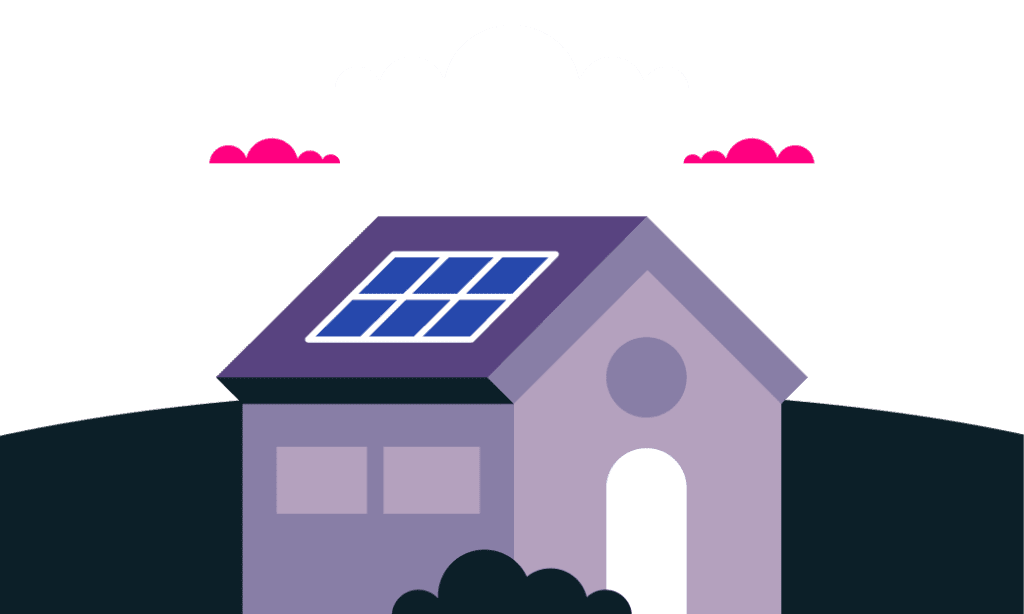
Are Solar Panels Worth It?
Long-term energy security, lower energy bills and reduced household emissions are just some of the reasons why solar is booming. Here’s a roundup of why solar panels are definitely worth considering.








